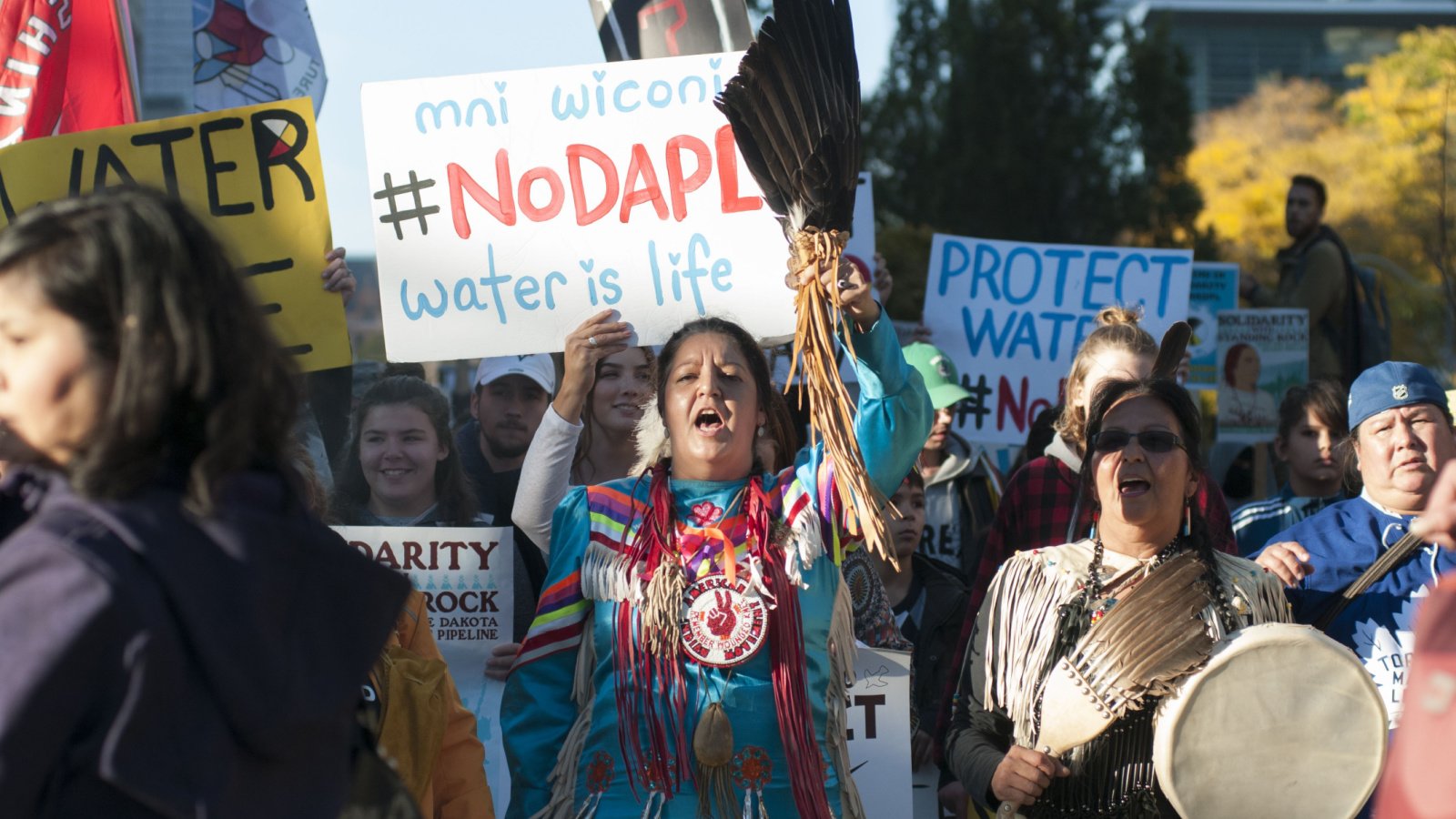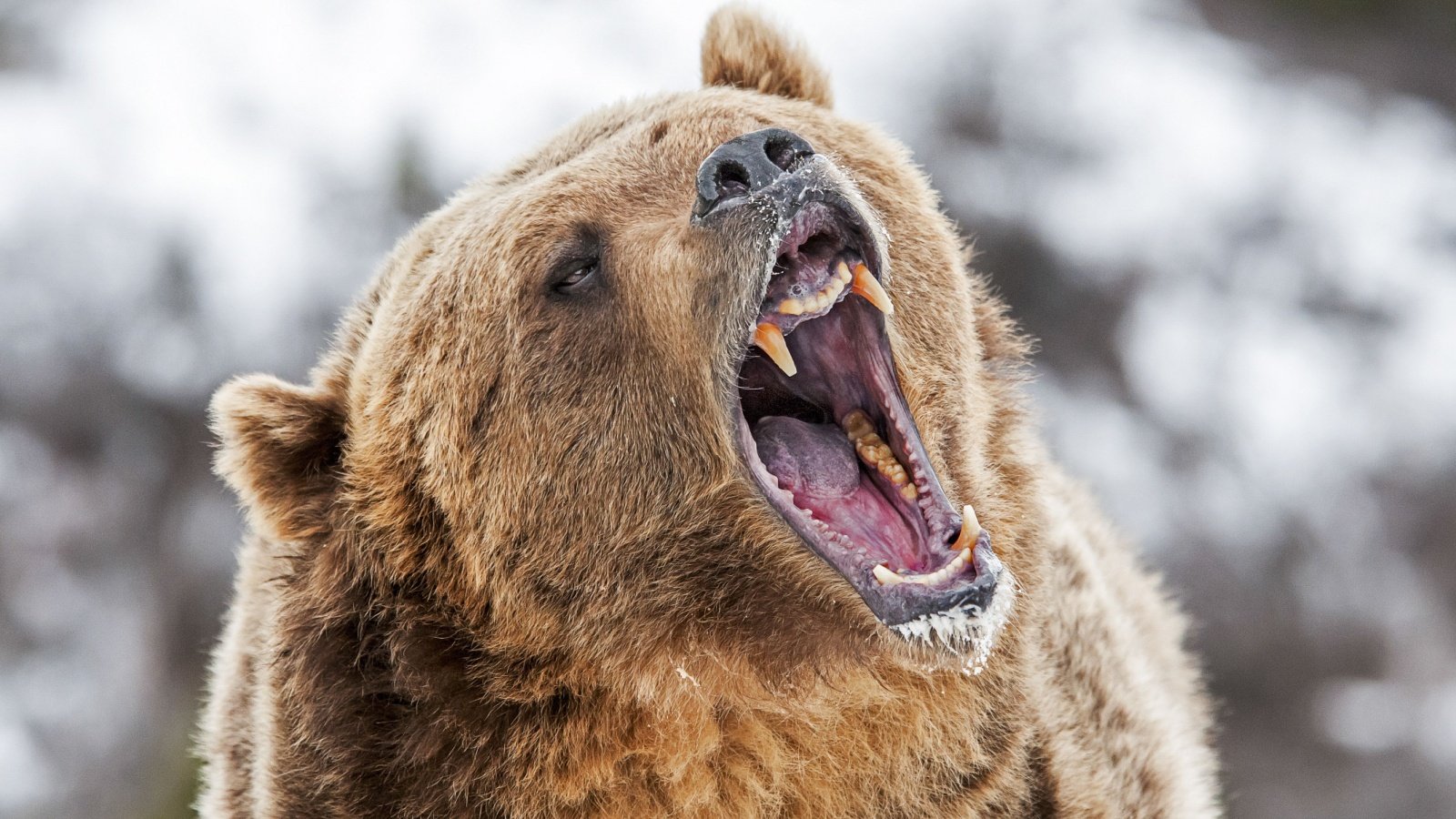Norms and values have changed drastically over the decades. What was once acceptable or even admired has quickly fallen out of favor. Explore the behaviors that have made a dramatic shift from acceptable to canceled, and have left the older generation wondering what changed.
Making Light of ‘Drinking and Driving’

Jokes about having one too many and still getting behind the wheel were once a staple of comedy routines and casual conversations. Now, the serious risks of drunk driving are recognized, leading to strict laws and a societal consensus that it’s no laughing matter.
Gendered Work Roles

The expectation that men would earn the bread while women stayed home to keep the hearth is a notion that has been vastly redefined. Modern dialogues around gender roles champion equality and the idea that career and domestic responsibilities should be based on personal choice.
Spanking Children as Discipline

Spanking children is now subject to intense debate regarding its effectiveness and morality. The shift towards understanding the psychological impacts of physical punishment on children has led to advocacy for non-violent disciplinary methods.
Telling Offensive Jokes

Humor that punches down or relies on stereotypes about race, gender, sexuality, or disability was once a common feature in entertainment and everyday banter. Today, such jokes would likely lead to public backlash and accusations of bigotry.
Casual Smoking Everywhere

Lighting up a cigarette in offices, restaurants, or even airplanes was once a marker of sophistication or stress relief. Today, awareness of secondhand smoke’s dangers and a shift towards healthier living spaces would make such actions not just frowned upon but prohibited.
Ignoring Environmental Concerns

Littering, excessive use of plastics, or openly dismissing recycling were not uncommon attitudes in the past. Now, with a heightened awareness of climate change and environmental degradation, such actions and attitudes are widely criticized.
Wearing Fur Without Thought

Flaunting fur coats was once a symbol of luxury and status with little to no public outcry about animal welfare. The animal rights movement has since brought to light the cruelty involved in the fur industry, making fur garments controversial.
Unquestioned Authority

Today, authority is more likely to be questioned, and transparency and accountability are demanded. This shift empowers individuals and encourages a more democratic and open society.
Invasive Parenting

Sharing every detail of a child’s life with others, without regard for their privacy, used to be common. Now, there’s a growing understanding of children’s rights to privacy and consent, even within the family. Parenting styles are evolving to include respect for the child’s autonomy.
One-Size-Fits-All Beauty Standards

The promotion and glorification of a single beauty standard, often excluding diversity in body types, skin colors, and ages, were once the norm in media and advertising. Today, there’s a push towards inclusivity and representation of all forms of beauty.
Ignoring Consent in Dating

The #MeToo movement and broader conversations about consent have highlighted the importance of mutual respect and understanding in all relationships. Modern dating culture increasingly emphasizes open communication and respect for boundaries.
Disregarding Privacy

Sharing personal information without consent was not always seen as a violation. Today, privacy is a paramount concern, with laws and societal norms evolving to protect individual rights. The value placed on consent and privacy reflects a broader shift towards respecting boundaries.
Exotic Animals as Pets

Awareness of the ecological and ethical problems associated with the exotic pet trade has grown, leading to stricter regulations and societal pushback against such practices. The welfare of all creatures and preserving biodiversity are now central concerns.
Overconsumption as a Sign of Success

Flaunting wealth through excessive consumption was once a widely accepted sign of success. Today, in an era increasingly conscious of environmental sustainability and social equity, such displays can spark criticism for wastefulness and insensitivity.
Casual Sexism

Remarks and jokes that objectify or diminish people based on gender were once brushed off as locker room talk or just part of the culture. Today, such behavior is recognized for what it is: sexism.
Environmental Indifference

There was a time when recycling was a suggestion rather than a practice. Today, with a growing awareness of environmental issues, such indifference can spark outrage and demands for accountability. Acts of environmental neglect are seen as betrayals of future generations.
Ignoring Indigenous Rights

Historically, mainstream society paid little attention to the rights and lands of Indigenous peoples, often celebrating historical figures who contributed to their oppression. Now, this ignorance and the celebration of such figures can lead to public backlash.
Corporate Ignorance

There was a time when companies could operate without transparency about their environmental impact or labor practices. In modern times, consumers demand corporate responsibility, and any company ignoring its societal impact risks public scrutiny and boycotts.
Cultural Appropriation

What was once naively celebrated as cultural exchange, such as wearing traditional attire from other cultures as costumes, is now understood as appropriation. This shift in understanding emphasizes the importance of not trivializing or commodifying cultures that are not one’s own.
Public Discourse and Debate

Society has evolved towards a more inclusive and respectful public discourse that underscores the growing understanding of the impact words can have on individuals and communities, marking a shift in how we communicate and consider the feelings and rights of others.








